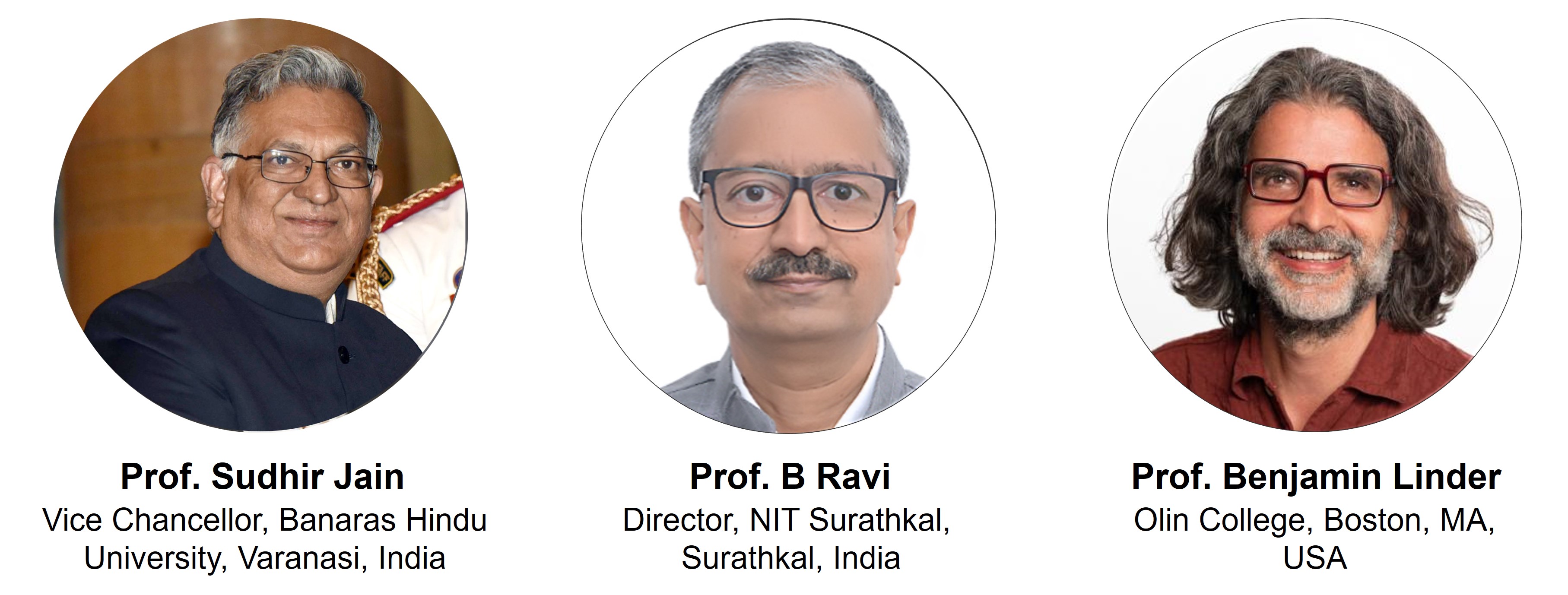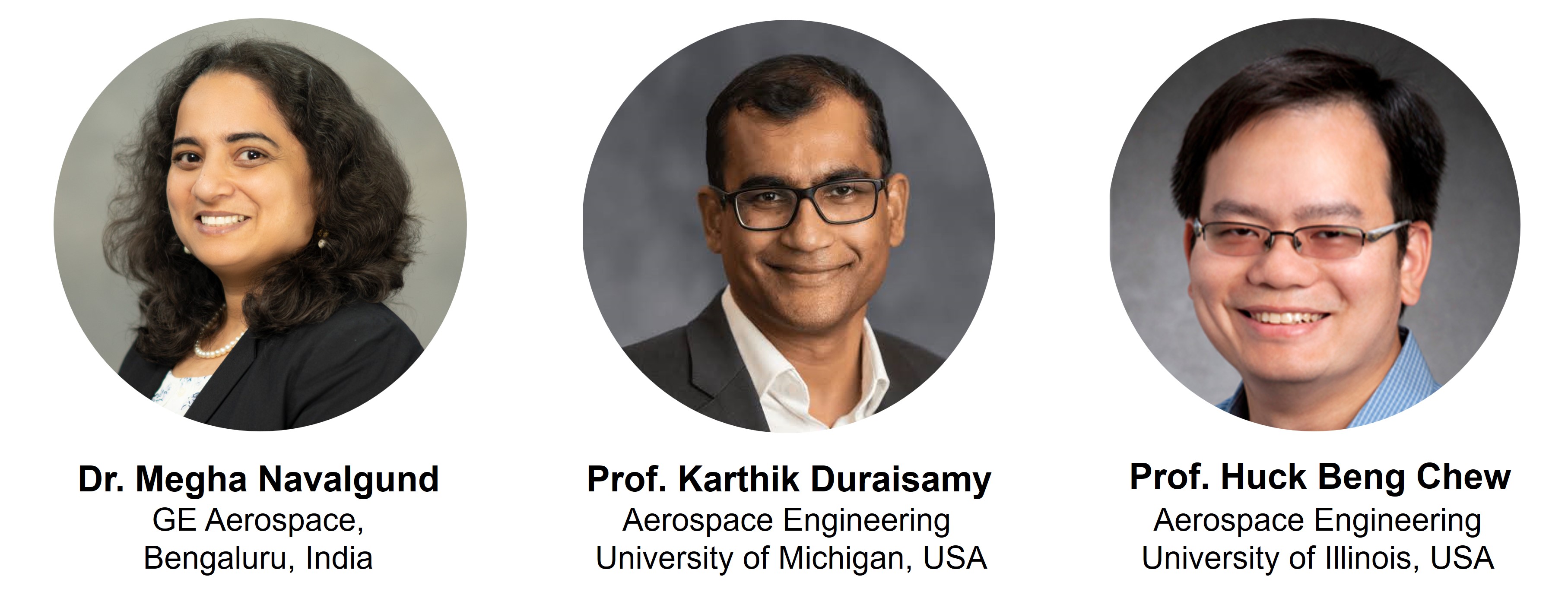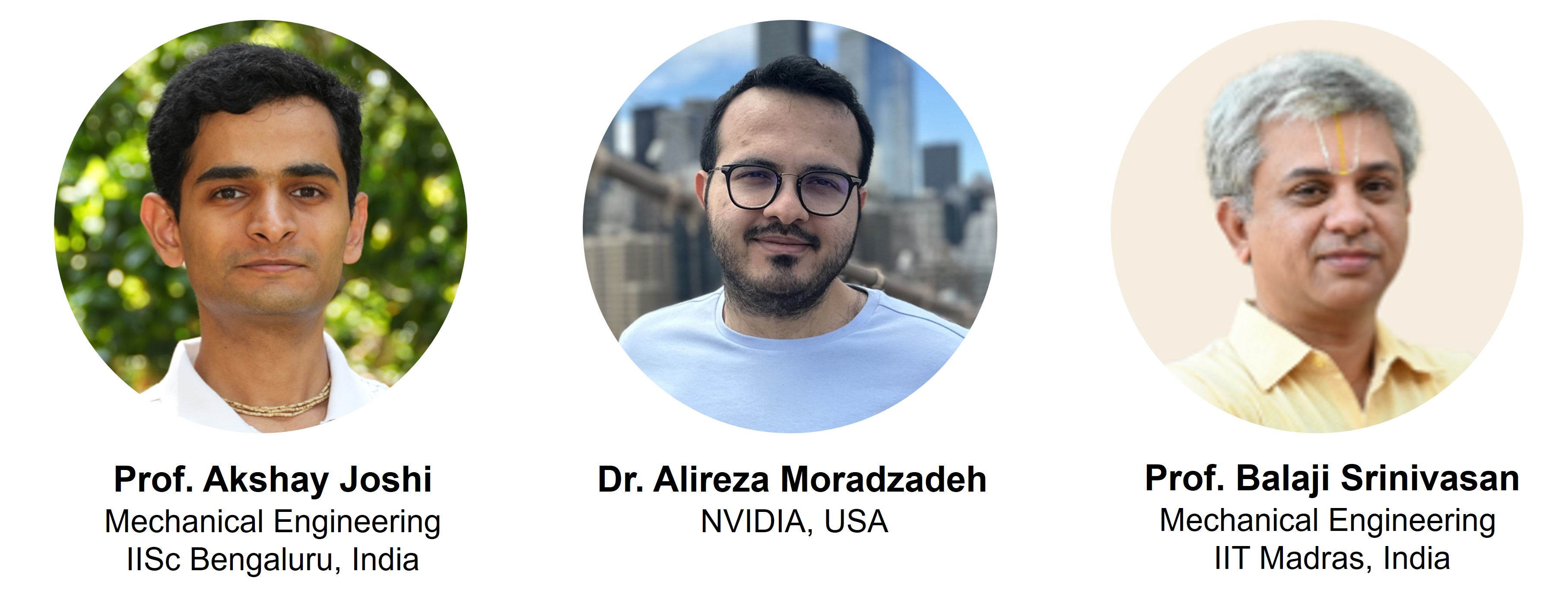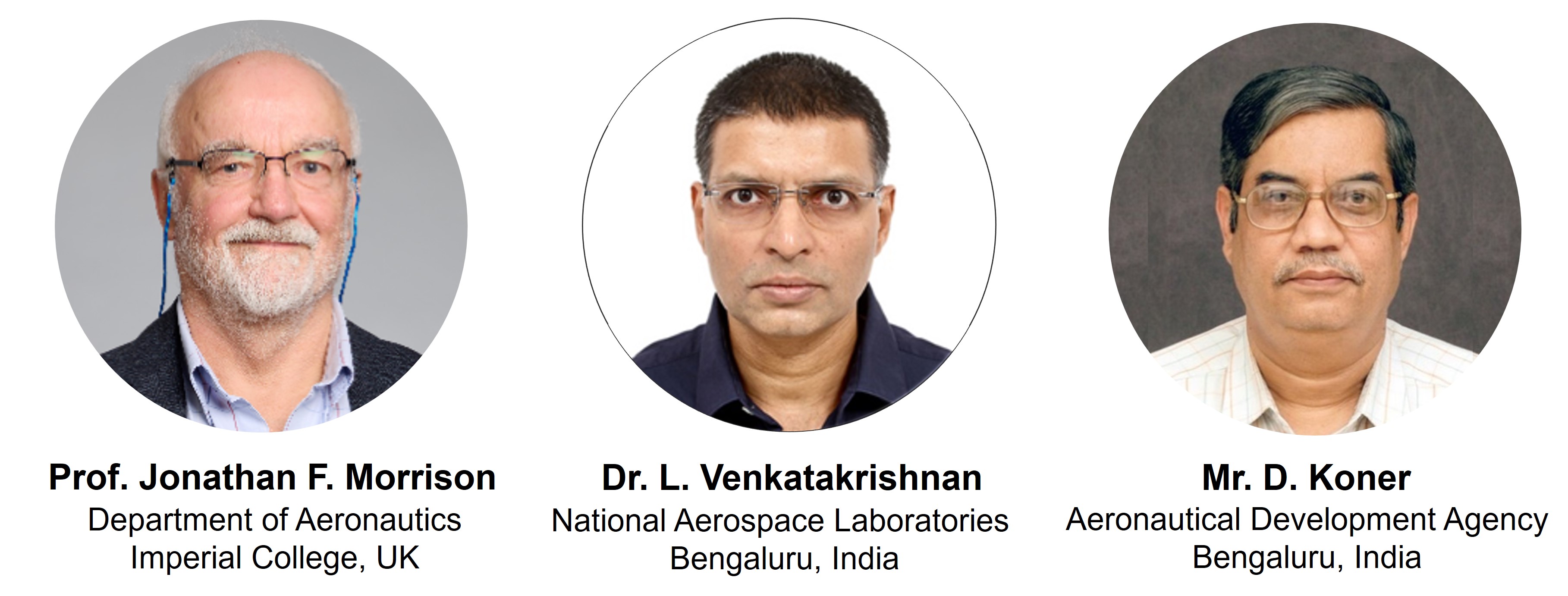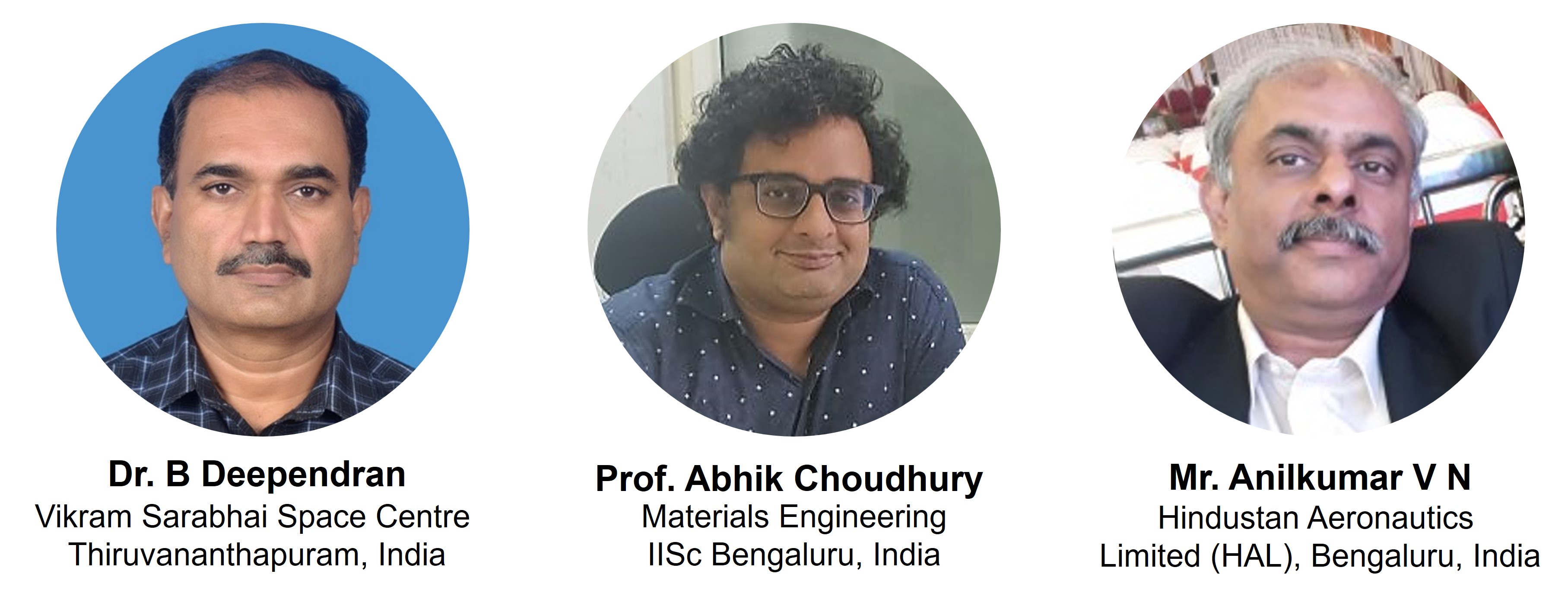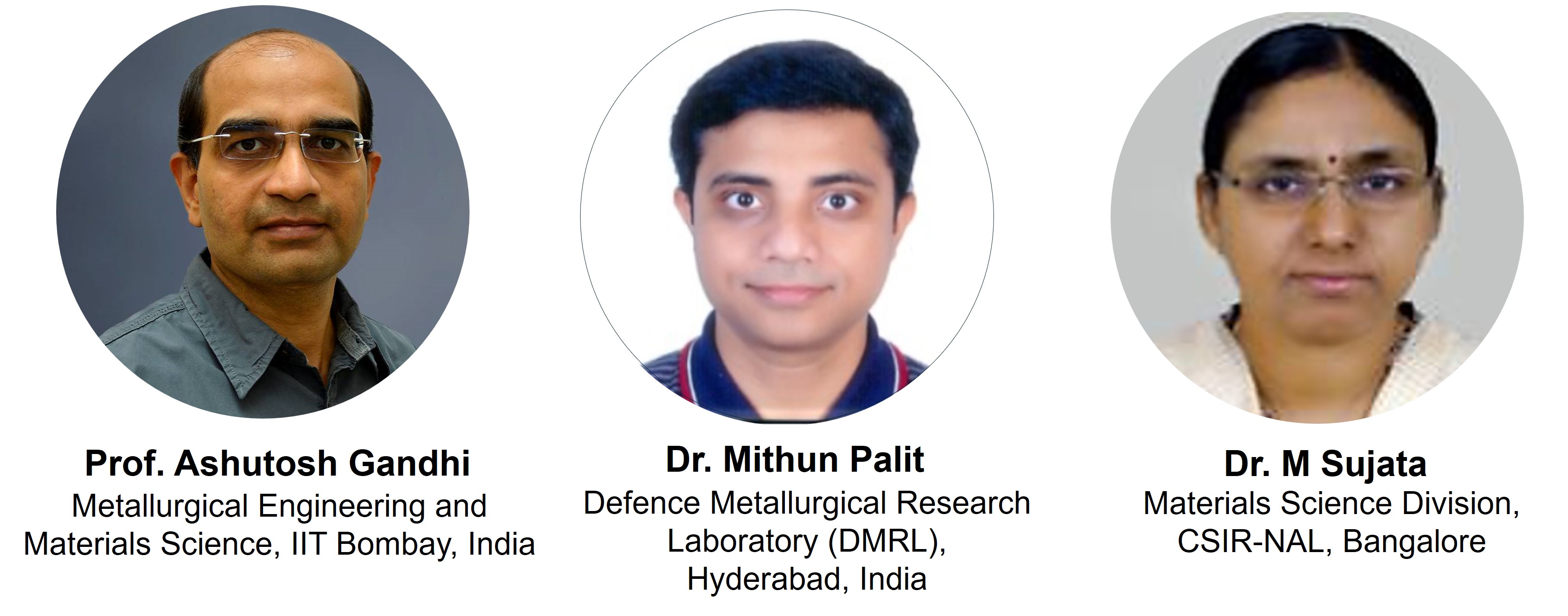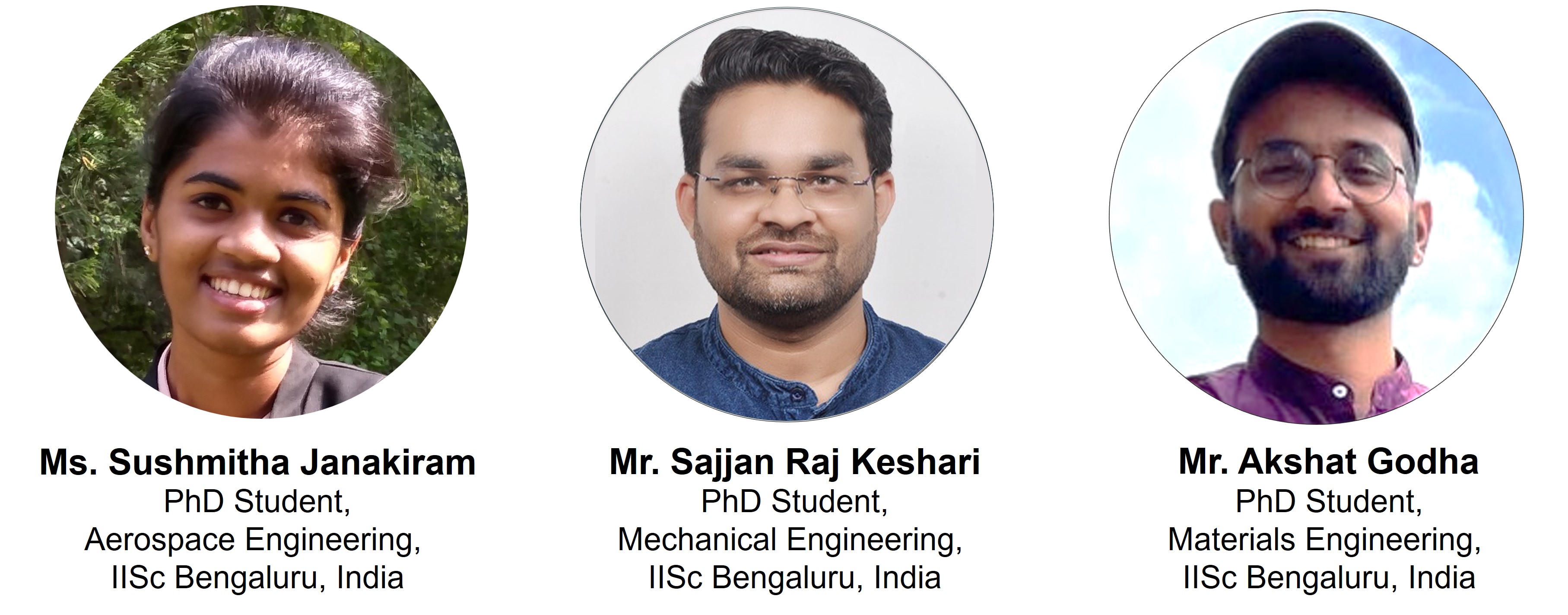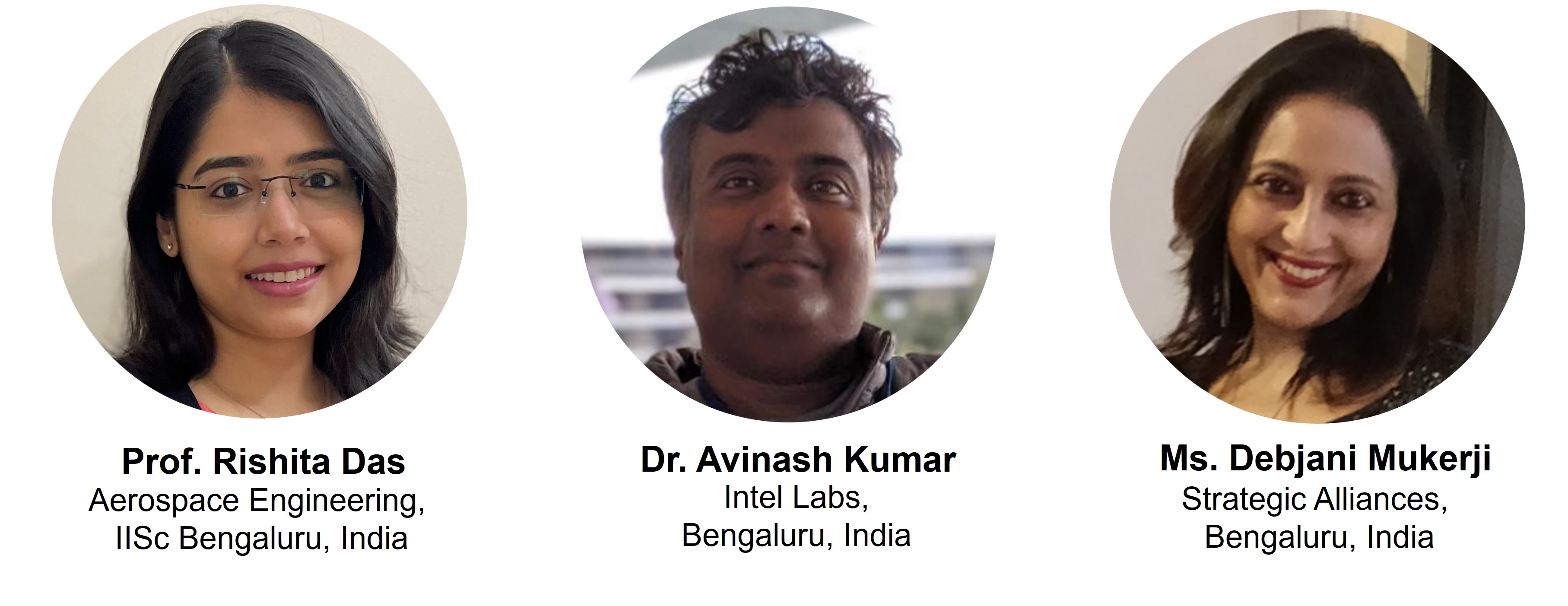Division of Mechanical Sciences
Research Symposium
The schedule for the event is now up, please click here
Speakers
Panelists*
Thematic sessions
The 2-day 2024 symposium will feature four thematic research sessions that cut across departments within the division:
High-Temperature Materials: As industries push the boundaries of performance and efficiency, the demand for materials that can withstand high temperatures continues to grow. High-temperature materials play a crucial role in aerospace propulsion systems, power generation, and advanced manufacturing processes. These materials must maintain their mechanical properties, resist corrosion, and withstand thermal stresses at elevated temperatures. This session will explore the latest advancements in high-temperature alloys, ceramics, and composites, as well as innovative processing techniques to enhance their performance and reliability in extreme environments. Wind Tunnel Technologies: Wind tunnel testing, which involves aerodynamic testing of models in a controlled air stream, continues to play a central role in design and development of aerospace and automobile vehicles. The session will highlight the recent advances in wind tunnel technologies in India and worldwide including specialized wind tunnel facilities, state-of-the-art diagnostic tools and their application towards defense and space sectors. The utility of wind tunnels for academic research will also be presented. The session will conclude with a panel discussion on “future needs of wind tunnel testing in India” wherein leading experts from the industry will present their views on the need for development of new wind tunnel facilities in India. Data-Driven Mechanics: In the era of Industry 4.0, data-driven approaches are revolutionizing the field of mechanics, enabling predictive maintenance, real-time monitoring, and optimization of mechanical systems. Advanced sensors, IoT devices, and machine learning algorithms are being leveraged to collect and analyze vast amounts of data, providing actionable insights to improve system performance, reliability, and efficiency. This session will focus on the integration of data analytics, machine learning, and mechanics to develop smarter and more adaptive mechanical systems, highlighting case studies and applications across various industries. Engineering BTech for the future: The landscape of engineering education is evolving rapidly, driven by technological advancements, industry demands, and global challenges. To prepare the next generation of engineers for success, it is essential to foster a curriculum that emphasizes interdisciplinary knowledge, innovation, and sustainability. This session will explore the future of BTech engineering programs, discussing emerging trends, pedagogical approaches, and curriculum development strategies to equip students with the skills and competencies required to tackle complex engineering problems in the 21st century.
|


